Blog Posts Tagged Technical Content
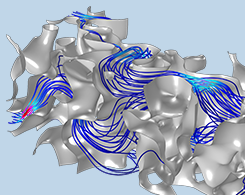
Modeling Darcian and Non-Darcian Flow in Porous Media
Get an introduction to the theory behind modeling flow in porous media, including the Kozeny–Carman, Forchheimer, Ergun, Burke–Plummer, and Navier–Stokes equations.
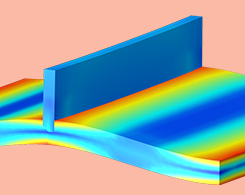
How to Predict the Fatigue Life of Welds
After an introduction to the welding process and weld geometries, we compare the nominal stress method, notch stress method, and hot spot stress methods for predicting the fatigue life of welds.
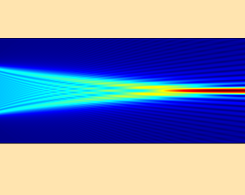
How to Perform Lens Simulations Using the Wave Optics Module
Lens simulations in wave optics can be difficult to perform, as they usually require a lot of mesh elements. Learn how to sidestep this issue using the functionality of the Wave Optics Module.
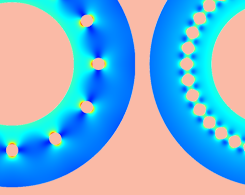
Making Structures Stronger by Removing Material
To make a structure stronger, sometimes you have to take material away instead of adding more. We go over concepts like fillets, load paths, and displacement control to demonstrate this concept.
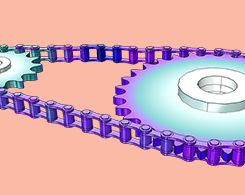
Building Roller Chain Geometries in the Multibody Dynamics Module
You can easily set up a geometry model of a roller chain, sprocket, or roller chain sprocket assembly using the built-in parametric geometry parts in the COMSOL Multiphysics Part Library.
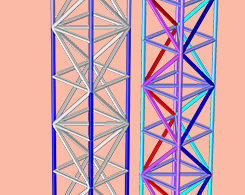
How to Perform a Sensitivity Analysis in COMSOL Multiphysics®
How do the parameters of your design affect its performance? Understanding this relationship is a valuable part of the design process. By performing a sensitivity analysis, you can do just that.
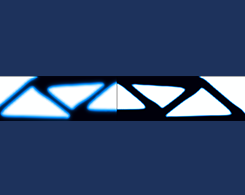
How to Use Topology Optimization Results as Model Geometries
Oftentimes, topology optimization is not the last step in your design process. In fact, you can use the results from a topology optimization study as model geometries for your next analysis.
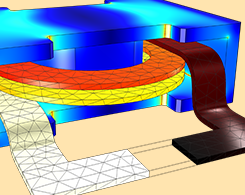
Which Study Type Should I Use for My Electrothermal Analysis?
What’s the best interface to use when implementing electrothermal analyses in COMSOL Multiphysics? We go over the interfaces, study types, and multiphysics couplings for high and low frequencies.
